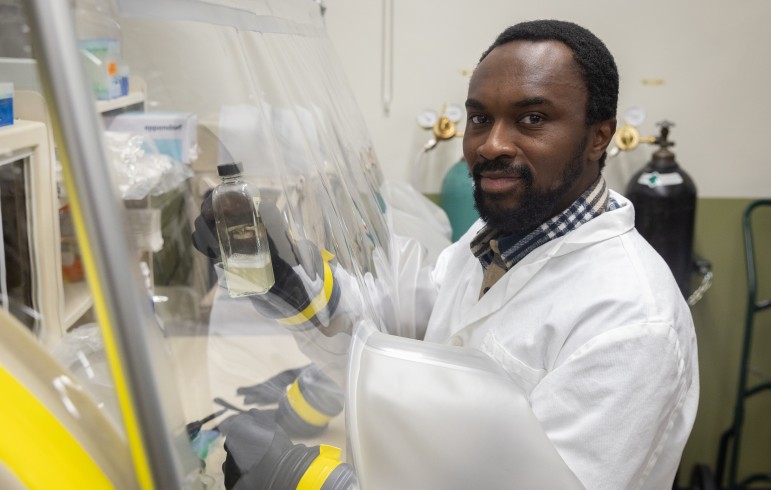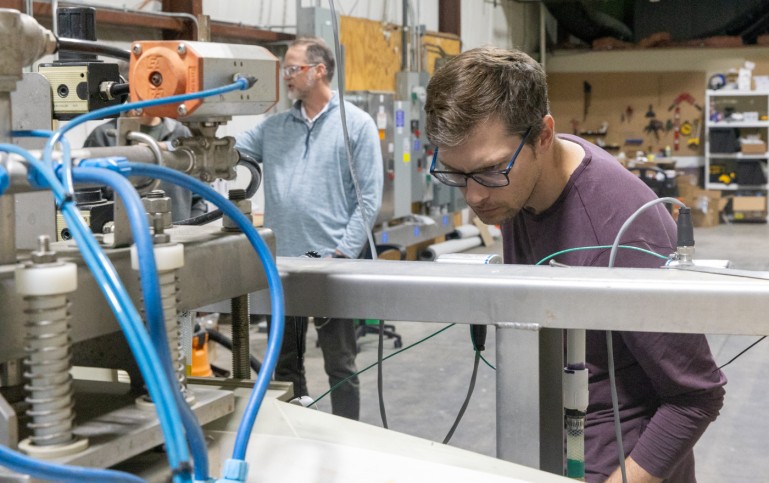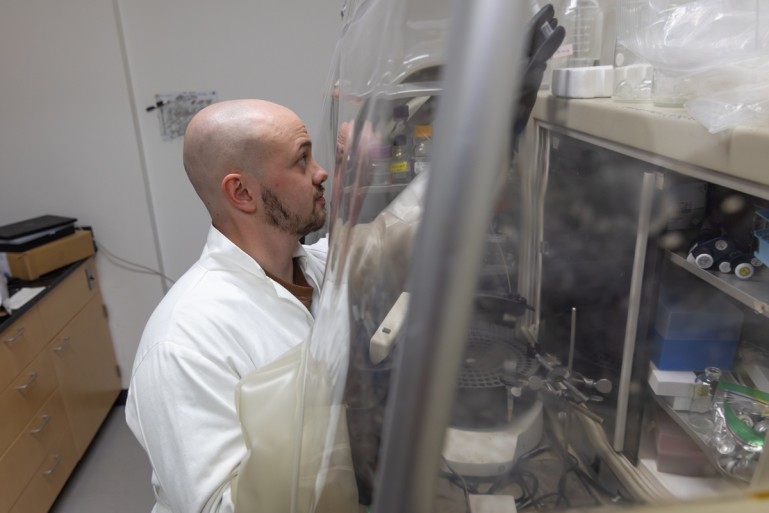Behind the successful conversion of biomass to a better biofuel or a new green chemical, there is a carefully chosen solvent. The right solvent not only dissolves biomass but also drives the efficiency of the entire conversion process, resulting in higher yields and a lower bottom line.
In February WEI researchers were featured in the press for discoveries in bioproducts and fuels, while students wind up their own renewable energy projects.
It’s not uncommon for Zhenqiang “Jack” Ma to work late and sleep in his office.
Proteins are an impressive bunch.
Entrepreneurial students at the University of Wisconsin–Madison recently took home cash prizes for new innovations in energy technology and environmental sustainability.
In an article published last summer in Science, researchers at the Great Lakes Bioenergy Research Center (GLBRC) reported on ten years of work assessing the potential



